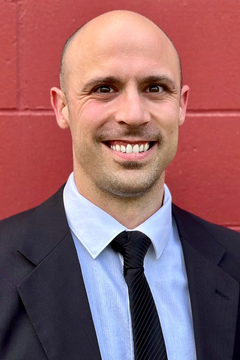Background
Ray is the Senior Neuropathology Research Fellow at Boston University’s renowned CTE Center, where he has played a pivotal role since joining in 2016 after completing his graduate studies in Neuroscience at Brandeis University. He leads day-to-day operations within the brain bank, overseeing the detailed intake and processing of cases involving neurodegenerative diseases. Ray’s responsibilities include performing the intricate and meticulous handling of brain tissue, even during late nights, weekends, and holidays, demonstrating his dedication to advancing neuropathological research.
In 2020, Ray launched the Center’s innovative Virtual Brain Cutting program as a research initiative, allowing academics, medical students, and researchers from around the world to gain valuable insights into neuroanatomy and neurodegenerative diseases through live interactive sessions. This program has since expanded significantly, establishing itself as a unique platform for immersive learning and international collaboration.
What sets Ray apart is not only his technical expertise but also his passion for health education and service. He actively engages in educational outreach, including guest lecturing and teaching initiatives through programs like the Anatomy Academy, where he introduces complex anatomical concepts to young students. Ray also volunteers at Newton-Wellesley Hospital, assisting in patient care, which further underscores his commitment to community service. In recognition of his exceptional contributions, he was honored by Boston University’s Chobanian & Avedisian School of Medicine with the February 2025 Distinguished Staff Award.
Research Interests
Ray’s research is deeply interested in the molecular mechanisms underlying neurodegenerative diseases, particularly focusing on chronic traumatic encephalopathy (CTE) and the clinicopathological correlations that influence disease progression and clinical presentation. His work aims to identify potential risk factors for CTE and explore the progression of this complex condition, contributing to a better understanding of neurodegenerative disease pathology.
A link to the Virtual Brain Cutting Program can be found here.
